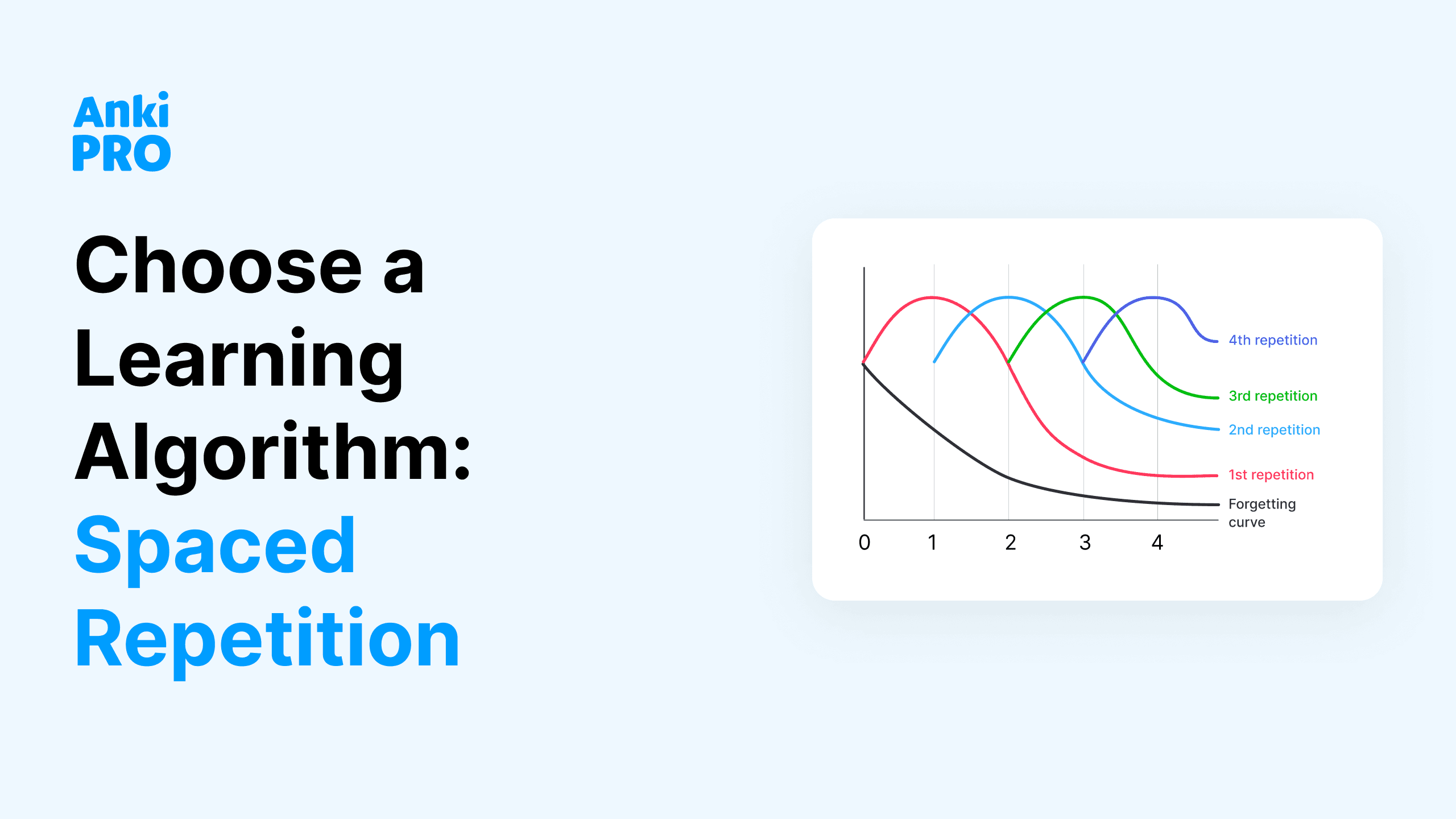Nerd vs Geek: Understanding the Difference and Embracing Your Inner Freak
Would you like to be called a nerd? Or a geek? These two terms evoke strong but different feelings, depending on the POV. In contemporary culture, associations with the word «nerd» range from being seen as a target for bullying to being recognized as someone intelligent and passionate. Meanwhile, the word «geek» tends to have a more positive and stylish connotation. But what exactly sets these terms apart? What defines geek vs nerd? Let’s explore the intriguing differences and similarities between nerds and geeks, and uncover what makes each unique and valuable in their own right.
The power of labels
Labels like «a geek» and «a nerd» hold power in shaping social dynamics and self-perception. They not only reflect societal attitudes towards intellect and passion but also influence how we perceive ourselves and others.
For some, being labeled a nerd might evoke memories of childhood bullying, while for others, it could signify a sense of pride in their intellectual pursuits. Similarly, identifying as a geek might be a badge of honor for those deeply passionate about niche interests and solitary pursuits, while for others, it might carry connotations of social awkwardness or eccentricity.
Words can heal and words can hurt. Let’s remember that before moving further and using any sort of labels in general!

What is a nerd?
A nerd is typically a studious intellectual deeply passionate about academic subjects and intellectual pursuits. Nerds are often characterized by their intense focus on topics such as mathematics, science, and technology.
🤓 Main characteristics of nerds
- Intellectual curiosity: Nerds have a profound love for learning and a desire to acquire knowledge. They often spend a significant amount of time studying and researching their chosen fields.
- Detail-oriented: Nerds pay great attention to detail and strive for perfection in their work. This trait makes them excellent in analytical and research-based roles.
- Introverted or socially awkward: Many nerds tend to be introverted, preferring solitary activities like reading, coding, or solving complex problems over socializing.
🤓 Negative connotations of nerds
Nerds might be disliked for several reasons. Their deep knowledge in specific areas can sometimes come across as arrogance or condescension. As mentioned above, many nerds are introverted and may struggle with social interactions, leading to misunderstandings or being seen as aloof. Their intense focus on details and perfection can be perceived as nitpicking or overly critical. Nerds might not engage in popular activities or trends, choosing a more «high culture» which can isolate them from their peers. Their bad rep might be coming from an assumption that they only want good grades and are teacher-pleasers. Nerds are achievement-oriented and it can be annoying.

What is a geek?
A geek is someone who is passionately enthusiastic about specific interests or hobbies, often related to pop culture, technology, or niche fields. Geeks are collection oriented and known for their dedication to their passions, whether it’s comic books, video games, or computer programming.
😎 Main characteristics of geeks
- Passionate enthusiasm: Geeks immerse themselves in their interests with great enthusiasm, often becoming experts in their chosen areas.
- Community-oriented: Unlike the solitary nature of nerds, geeks are often more social, forming communities around shared interests. This could include attending conventions, participating in online forums, or joining fan clubs.
- Creative expression: Geeks often express their passions creatively, whether through fan fiction, cosplay, or creating fan art.
😎 Negative perceptions of geeks
A geek, on the other hand, might be perceived as a crazy person obsessed with this one thing, a particular topic or field. Sometimes nobody gets their references, sometimes it’s hard to build a conversation if you don’t collect things such as board games. Geeky hobbies and passions are often niche or unconventional, leading to misunderstandings or a lack of appreciation from others. Geek communities can sometimes seem exclusive or insular, making it difficult for outsiders to feel included. Additionally, geeks often embrace unconventional lifestyles or appearances, which can be off-putting to those who value traditional norms.

Twitter research on geeks and nerds
In 2013, a Twitter research study shed light on how people view nerds and geeks. The study analyzed tweets and found clear differences in how each group is talked about.
Nerds were often linked to intelligence, academic success, and tech skills. People talked about their love for studying and subjects like science, math, and programming. Geeks, however, were more often mentioned in relation to pop culture, such as video games, comic books, and movies. The word «geek» had a more enthusiastic and community-focused vibe, showing a sense of pride among fans.
This research showed that while nerds and geeks are different, both are valued for their unique interests and contributions.
Nerds vs geeks: cultural analysis
In the Netflix sensation «3 Body Problems,» the main characters are «cool nerds.» They’re physicists trying to save the world, grappling with complex moral dilemmas and navigating intricate social dynamics. Their intelligence is not a barrier to relatability but rather an asset that enriches their character development. Through their journey, the series challenges traditional stereotypes of nerds as lacking social skills or disconnected from reality.
A definition of the word «geek» would be Matthew from Bernardo Bertolucci’s movie «The Dreamers.» He embodies the spirit of the «cool geek.» Deeply interested in cinema and politics, his genuine passions elevate him to a status of admiration among peers. Matthew’s encyclopedic knowledge of movie history is not nerdy at all. He has a great talent for connecting the dots. He’s geeky in a charming way, demonstrating how geekiness can be both endearing and socially valuable.

However, not all representations of nerds and geeks are positive. Take, for instance, the character of Lisa Simpson from «The Simpsons.» While Lisa is undoubtedly intelligent and academically driven, her relentless pursuit of perfection often borders on neuroticism, alienating her from her peers and overshadowing her other qualities. This portrayal highlights the dangers of equating intelligence with social isolation and raises questions about the pressure to excel academically at the expense of personal well-being.
Similarly, in the realm of geek culture, there are examples of negative portrayals that perpetuate harmful stereotypes. Consider Sheldon Cooper from «The Big Bang Theory.» While Sheldon’s genius intellect is undeniable, his condescending attitude towards those he deems intellectually inferior and his inability to empathize with others paint a troubling picture of geekiness as elitist and exclusionary. This depiction serves as a cautionary tale about the pitfalls of arrogance and the importance of humility in intellectual pursuits.
Evolution of geekiness and nerdiness
It’s amazing how the vibe around those two words changes depending on historical and economic contexts! This process reflects broader societal shifts, especially influenced by the capitalist system that shapes our desires and values. In the past, during the era of a «real economy» dominated by mines and factories, society admired strong, tough men who embodied physical power, often leading to the marginalization of nerds and geeks. Studious people and enthusiast collectors were frequently bullied for their academic pursuits or looked down upon for their lack of physical prowess.
However, the rise of the information age and the tech industry dramatically changed this perception. In 2013, «geek» was named the «word of the year» by Collins Online Dictionary, signifying the growing importance of technology and IT professionals. As technology became central to modern life, the skills and passions of geeks and nerds gained recognition and respect. Today, being a nerd or geek is often celebrated, as these individuals are achievement-oriented, have six figure income and focus on shaping the future.

Navigating stereotypes
Understanding the nuances between nerds and geeks is crucial for navigating the stereotypes associated with each label. While nerds are often portrayed as academically focused individuals with limited social skills, geeks are depicted as passionate enthusiasts who revel in their chosen interests, regardless of societal norms. However, these stereotypes fail to capture the full complexity of individuals who identify with these labels. In reality, many nerds are socially adept and passionate about a wide range of interests, while geeks can excel academically and possess diverse skill sets beyond their chosen obsession.
Nerds, geeks, and flashcards
Flashcards at Anki Pro might work like Tarot cards for detecting nerds and geeks. When acquiring knowledge and preparing for exams, both groups love the idea of using digital flashcards. Very often, both a geek and a nerd would download the app already knowing what spaced repetition is. In general, both «clubs» are enthusiastic about science-backed study methods, scientific data and neurohacking their memory. However, when it comes to their approach to studying with flashcards, differences emerge.
Nerds tend to use Anki Pro with a meticulous, detail-oriented strategy. They love to have a to make their own flashcards, decks, and sub-decks. Thanks to nerdy users, Anki Pro’s library reaches over 50K pre-made decks and has amazing content for free!
Geeks are usually enthusiastic about a specific subject or particular topic, so they don’t feel obliged to perfectly organize all their decks and sub-decks. A typical geek will also treat their decks as a collection of some sort but still spend time and efforts on acquiring knowledge. Users who are collection-oriented, gathering facts and mementos related to their subject of interest, have great motivation!
Learn more about using flashcards for studying and download Anki Pro for free to embrace your inner nerd or geek!
Embrace your personality
Hopefully, you got a grasp of the difference between a geek and a nerd. The debate will go on, since every generation will define the two concepts differently. Now that you’ve learned about nerds and geeks, maybe you’ve figured out where you fit in—or maybe where your friends fit! Whether you’re more into diving deep into academic stuff like a nerd or getting super excited about your hobbies like a geek, it’s all good. Embrace who you are!
At the same time, even if you wear glasses and can’t imagine life without acquiring knowledge and skill, don’t feel obliged to be reduced to a cultural stereotype of being a nerd.
Remember, both nerds and geeks bring cool things to the table. So, be proud of your passions and quirks. Being yourself is what really makes you awesome. Whether you’re studying hard or geeking out over something you love, own it and enjoy being you!









